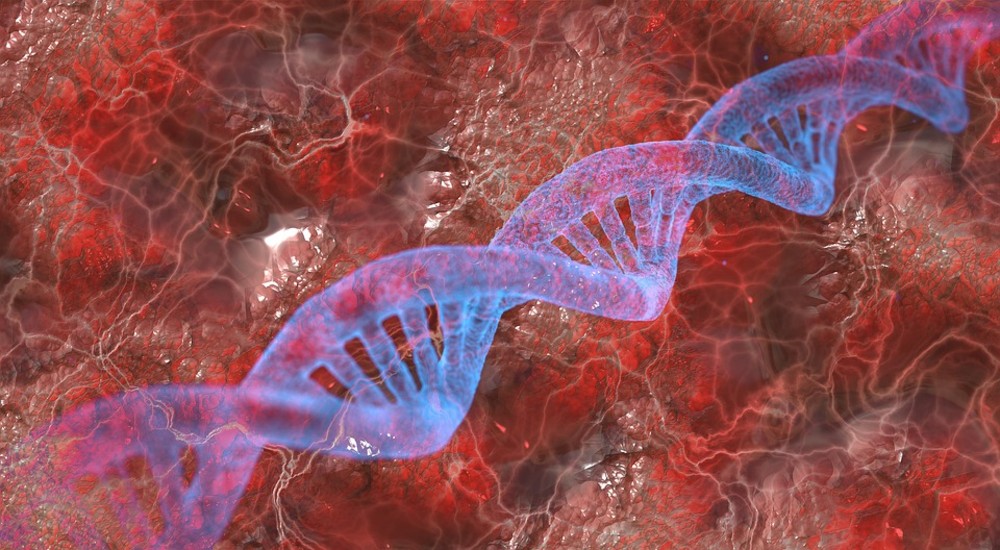Scientists have been angered by a biophysicist who claimed he was able to use CRISPR to edit the gene of twins and give them immunity to HIV. They have criticized the research because it did not follow the set-out rule on how to approach such an issue. The research was also a failure.
Scientists have slammed the research that claimed to be able to edit genes of Chinese twins to prevent them from contracting AIDS. The researchers claimed that they would use CRISPR technology to edit genes of these twins to immunize them against HIV.
However, manuscripts of the original research showed that they did not achieve this feat. The manuscripts released by MIT Technology Review showed how Chinese biophysicist He Jiankui failed to follow the setout ethical and scientific norms while creating twins Nana and Lula born late last year.
Unfounded claims about CRISPR gene editing
Jiankui had claimed that he had made a scientific breakthrough that could control the epidemic of HIV. However, on a closer look at the research data, it was determined that the research did not meet its intended purpose. Jiankui did not reproduce the gene responsible for HIV resistance while editing the genes using CRISPR.
The review found that, although they correctly targeted the correct gene section for editing, the end results may have resulted in a new genetic mutation that was not intended by the researcher.
Only a small percentage of people are born with a mutation that resists HIV. The gene CCR5 is what Jiankui had claimed to be targeting when he created the two twins.
CRISPR not a perfect tool for gene editing
There was also the fact that CRISPR is also not a perfect tool for gene editing. This means that it is very highly prone to errors and if not done correctly, might lead to more severe damage to the genetic structure of organisms. This underpins why it was unethical to carry out the research with this procedure.
The research was already controversial when it was announced with major scientific journals such as Nature and JAMA refusing to publish the research. The fact that it ended up in failure highlights why there is an ethical and scientific guideline in such type of research. The entire research has angered the majority of the scientific community whose consensus is that it should not have been carried out in the first place.
Featured Image by Pixabay







